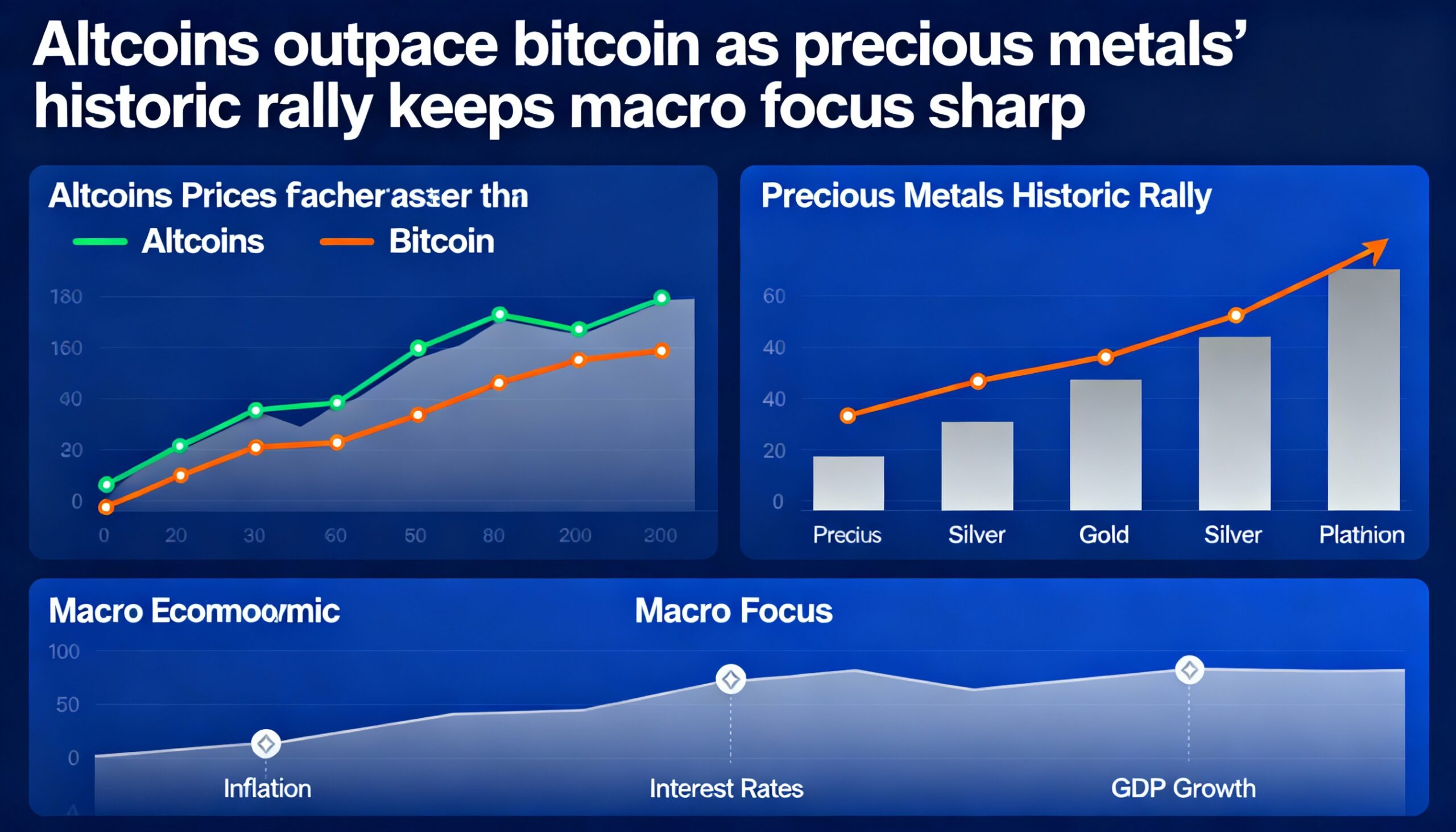MicroStrategy’s Bitcoin Leverage Struggles as Market Sentiment Shifts
MicroStrategy (MSTR), traditionally seen as a leveraged play on bitcoin (BTC), has experienced a dramatic shift in market sentiment, with traders pulling back on their bullish stance as bitcoin’s momentum as a treasury asset slows down.
The company’s 250-day put-call skew, which measures the difference in implied volatility between put options (which bet on a price decline) and call options (which bet on a price rise), has surged to zero from a -20% differential in just three weeks, according to Market Chameleon data. This shift indicates that the once-bullish bets on MicroStrategy’s stock are now more balanced with protective downside bets, signaling a change in investor sentiment from strongly bullish to neutral.
This change comes as MicroStrategy’s share price has tumbled by over 44%, from a peak of $589 on November 21 to $289, and its valuation has dropped by 34% over the past two weeks, according to TradingView.
Markus Thielen, founder of 10x Research, noted in a client report that the bitcoin narrative, which had once fueled MicroStrategy’s rise, is losing momentum. “With MicroStrategy shares now down 44% from their peak and other companies adopting bitcoin as a smaller-scale treasury strategy, the narrative surrounding bitcoin’s role as a treasury asset seems to be losing steam,” Thielen said.
Since 2020, MicroStrategy has been aggressively building its bitcoin holdings, accumulating 446,400 BTC, worth about $42.6 billion, often funding these purchases with debt. As a result, MSTR became a leveraged bet on the performance of bitcoin, delivering a remarkable 346% return in 2024, significantly outperforming BTC’s 121% gain.
However, the last quarter of 2024 saw disappointing performance. While MicroStrategy fell by 25% in December, bitcoin only dropped 3%, staying relatively stable above $90,000.
This divergence signals that investors are growing less interested in paying a premium for exposure to bitcoin through MicroStrategy’s leveraged play. “The stock’s underperformance, despite substantial bitcoin acquisitions, suggests that investors are no longer willing to pay an implied price of $200,000 or more per bitcoin through MSTR when they can directly purchase the asset at a much lower cost,” Thielen explained.





